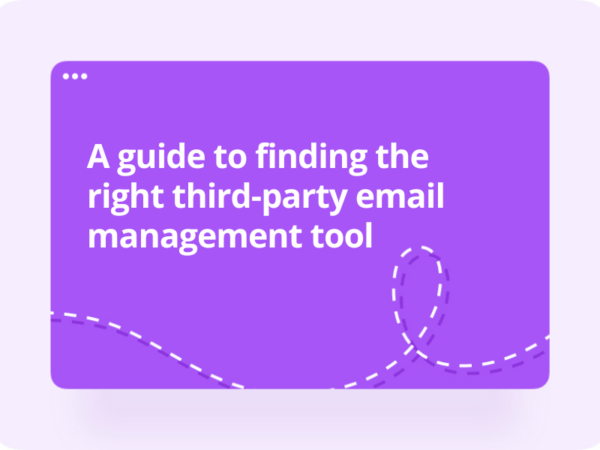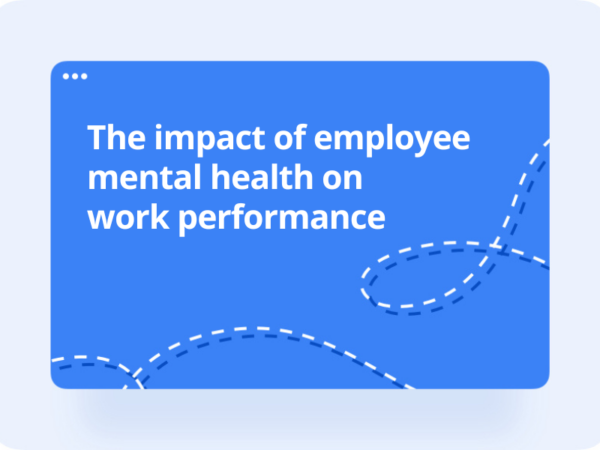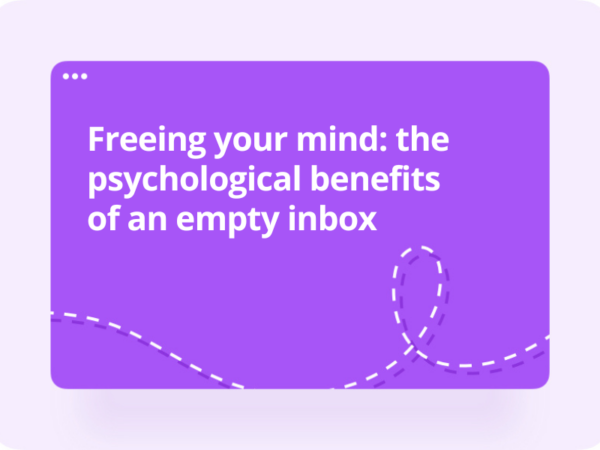Good mental health is essential for overall well-being and greatly impacts a person’s ability to thrive in all areas of life, including work.
In recent years, there’s been a growing recognition of mental health’s profound impact on work performance and organizational success. Employees’ well-being is now recognized as crucial for organizational success, not just a personal concern.
Numerous studies have shown that employees who experience positive mental health are more engaged, motivated, and productive in their roles.
Workplace mental health concerns can manifest in various forms, such as stress, anxiety, depression, burnout, or other mental disorders.
Understanding how these mental health conditions affect work performance is essential for businesses like yours to create supportive environments for employees.
In this blog, we’ll explore the link between employee mental health and work performance and examine the detrimental effects of chronic stress on employees.
We’ll guide you on overcoming these issues, protecting employee well-being, and fostering organizational success.
Let’s get started!
Is there a link between an employee’s mental health and work performance?
The link between employees’ mental health and work performance is undeniable.
Employees’ mental well-being is crucial in determining how effectively they perform their job responsibilities.
Employees with good mental health are more focused and engaged in their work, leading to increased productivity. They can efficiently complete tasks and make informed decisions. In fact, according to a comprehensive 2019 study on happiness and productivity, workers are 13% more productive when happy.
On the other hand, when employees are struggling with a mental illness, their work performance may suffer. Mental health challenges can significantly impact cognitive functions such as memory, attention span, and problem-solving abilities. As a result, poor mental health can lead to decreased efficiency, judgment errors, and difficulty meeting work-related demands.
According to business leaders, mental health issues can negatively impact their operations, resulting in decreased revenue (40%), reduced profitability (39%), loss of customers (30%), diminished output (26%), and reduced competitiveness (20%)
What are the negative consequences of employee stress?
Chronic stress can significantly affect work performance and overall employee well-being.
According to the American Institute of Stress, 40% of workers find their job extremely stressful, with 25% considering it the primary source of stress.
Burnout, a state of emotional, physical, and mental exhaustion, is commonly associated with chronic stress. It can result in feelings of detachment, cynicism, and reduced effectiveness at work.
Unmanaged stress can also lead to decreased motivation. When employees are constantly under high-stress levels, they may feel overwhelmed and lose their sense of purpose and enthusiasm for their work. This can result in decreased initiative, creativity, and engagement, hindering their ability to perform at their full potential.
Increased absenteeism is another consequence of chronic stress. Employees experiencing high-stress levels are more likely to take sick leaves or mental health days to cope with the overwhelming demands.
Fortunately, your organization can implement various strategies to reduce employee stress. These practical stress management techniques focus on building resilience and promoting work-life balance. By supporting employee mental health and addressing chronic stress, you can mitigate its negative effects.
How you can help your employees manage stress
Here are just a few examples of the ways you can help your employees manage their stress levels.
- Encourage stress management techniques: Encourage employees to practice stress-reducing techniques such as mindfulness, deep breathing exercises, and regular physical activity. Access to stress management resources, such as counseling services or workshops, can also be beneficial.
- Foster a supportive work environment: Create a culture where employees feel comfortable discussing stress and seeking support. Promote open communication, encourage regular check-ins, provide mental health resources, and offer access to mental health services.
- Set realistic expectations: You can support employees’ mental health at work by setting realistic deadlines and expectations. Avoid overloading individuals with excessive tasks, and promote effective time management strategies to ensure a better work-life balance.
- Encourage breaks and work-life balance: Employees should take regular breaks throughout the day to recharge and avoid burnout. Promote work-life balance by emphasizing the importance of personal time and vacation days and discouraging after-hours work-related communication.
- Address email stress: Implement guidelines or policies that encourage healthy email practices, such as setting boundaries for after-hours email communication, prioritizing urgent emails, and promoting efficient email management strategies. Ensure you’re supporting your employees’ mental health by encouraging them to disconnect from work emails during non-working hours to reduce stress and maintain work-life balance.
Prioritizing employee mental health is crucial for enhancing work performance and organizational success. Chronic stress can lead to burnout, decreased motivation, and increased absenteeism.
Your business can avoid these effects by implementing stress management strategies, fostering a supportive work environment, promoting work-life balance, and addressing email stress.
There are many positive mental health benefits for employees, including increased productivity, motivation, and job satisfaction. Investing in employee well-being can create a positive work culture that boosts and contributes to the long-term success of both employees and your business.
Improve employee performance with InboxFreedom
Boost employee performance, promote mental health, and elevate organizational success with InboxFreedom. Say goodbye to the chaos of a cluttered inbox and unlock a new level of efficiency and focus.
With InboxFreedom, you can effortlessly streamline and organize your emails. No more wasted time and energy sifting through endless threads and irrelevant messages.
Our automated email filters intelligently prioritize important messages, ensuring your employees never miss crucial communication. You regain control over your digital workspace by efficiently categorizing others, freeing up valuable mental energy.
Join the waitlist today and experience the benefits of InboxFreedom for yourself.
Sign Up For Our
AI-Powered Inbox Waitlist




